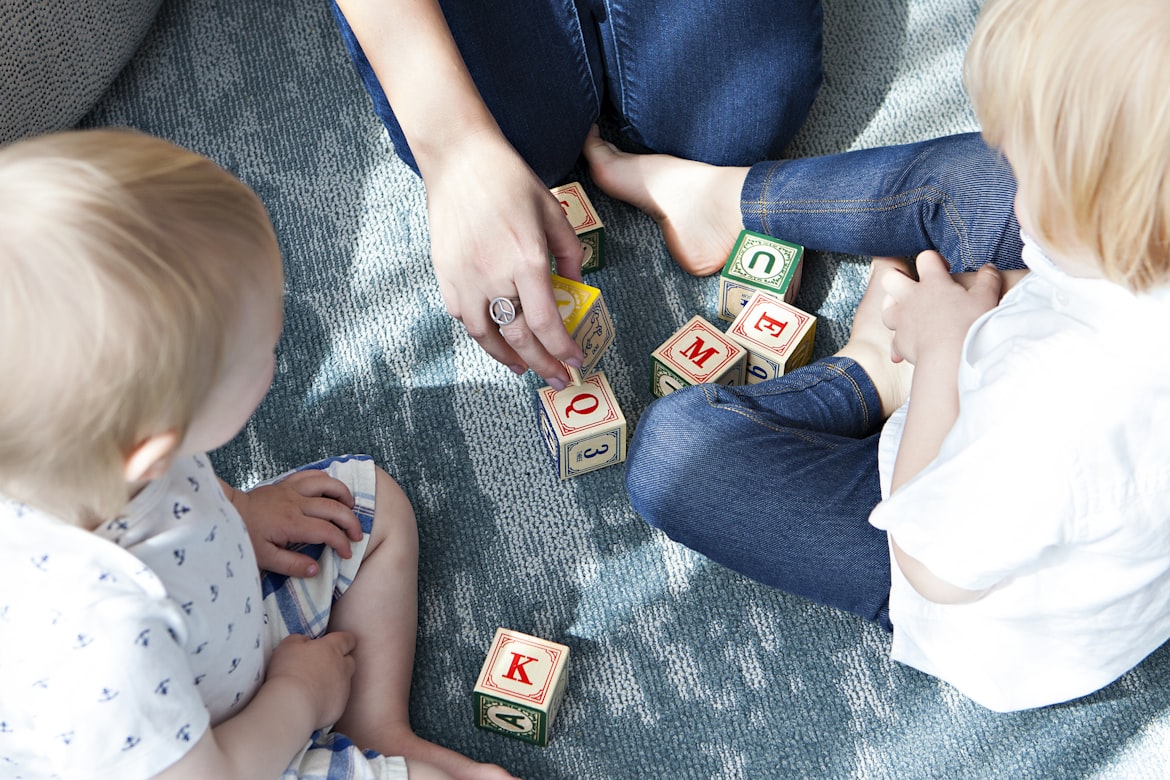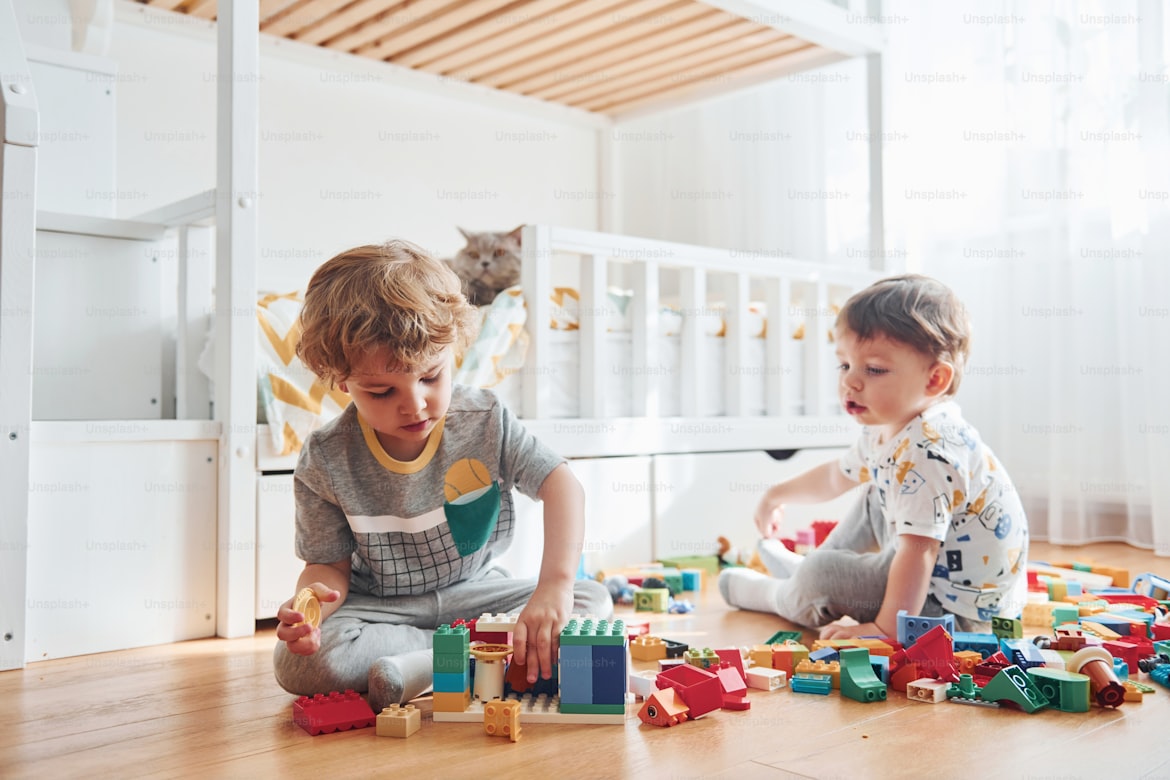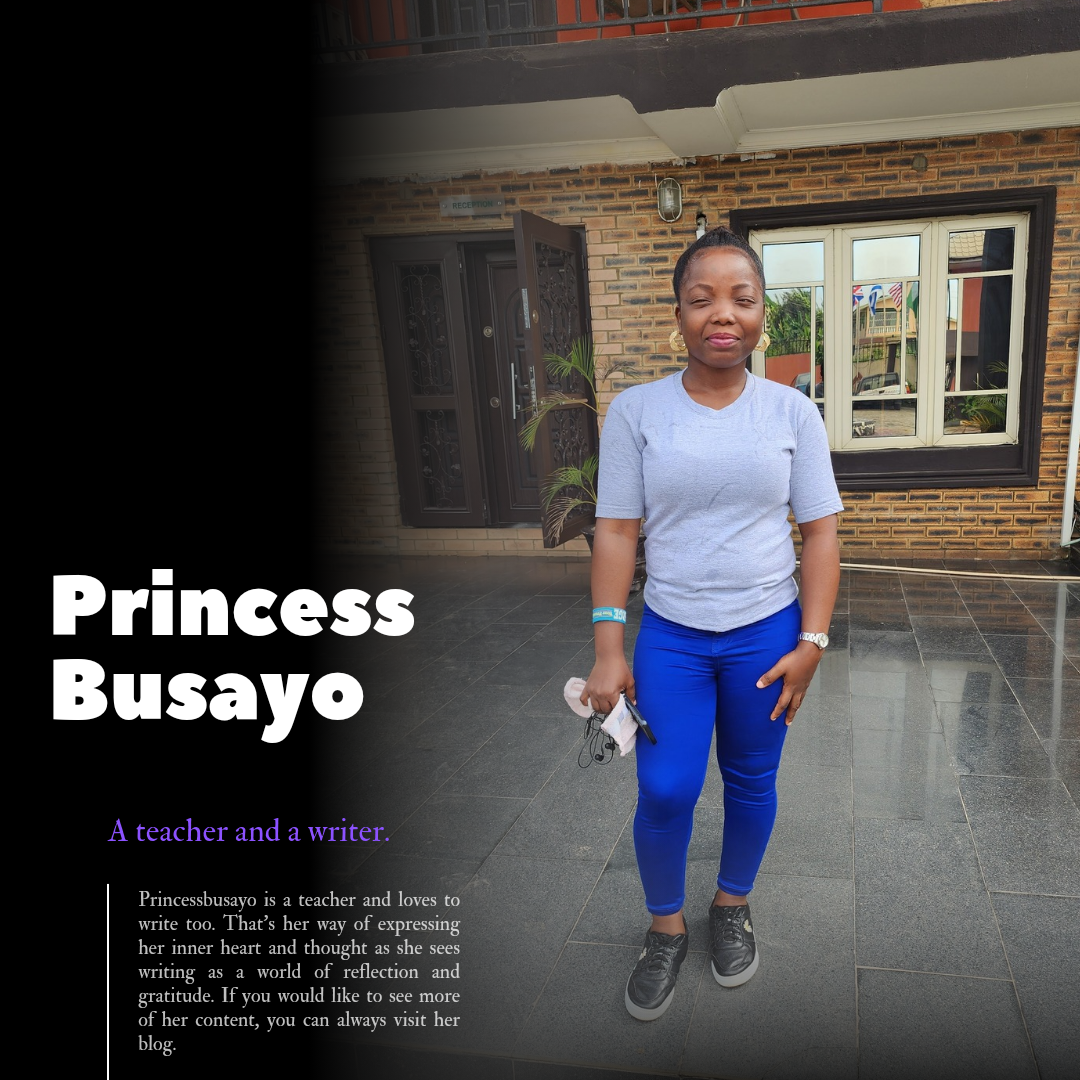
Yes, children need privacy. It depends on their age range because what you’d expect from a younger kid would differ from what you'd expect from a teenager. It’s just a matter of balance and thorough monitoring, particularly not to invade too much on their privacy at some point.
Privacy is important for children because of its numerous benefits. Giving children privacy brings about autonomy - allowing them the freedom to make small choices for themselves without constant monitoring.
Let’s say a 10-year-old child who wants to decorate his room with posters of different designs, particularly from their favourite cartoon. While this allows them to become creative to bring out their potential, it also allows them to decide what they want to put on their walls in the room, which gives them a sense of ownership over their space.
Of course, this comes with some supervision because not everything is being used to decorate the rooms, especially when it comes to certain designs that shouldn’t be allowed.
For teenager, when they are given privacy, it helps them practice journaling in private, which allows them to process their feelings without any interference.
Another thing privacy does to them is give them responsibility and a sense of individuality. When parents respect their privacy, they learn that trusting comes with expectations and also helps them understand that privacy helps children to recognise themselves as individuals with unique interests.
Like a friend of mine, she has a simple but effective rule for her kids which I admire about her. According to her, once it’s 8:30pm, screen time goes off and it’s time for bed. One would say it’s a bedtime routine and normal for kids, but to me, it’s more like teaching them responsibility and respecting boundaries.
Her kids understand that their screen time is a private one and they should enjoy it while it lasts. At this time, no one would come to interfere or start hovering over their shoulders every minute. And then, they understand that this freedom has limits, and once it’s 8:30pm, they switch off and go to bed without being nagged, and by this, they are practising how to take responsibility for themselves.
Also, they learn to understand that privacy doesn’t mean endless freedom but one that comes with rules, structure and trust. With time, they start to develop autonomy by managing their time and habits and a sense of individuality by choosing what to watch, play or read during screen time.
The 'open-doors' policy is an approach where parents maintain open access to a child’s room or their personal space. This mostly happens when they are still young. This means that parents must keep the communication open while encouraging their children to feel free to share whatever is going on in their lives without shutting them out of their lives.

There isn’t a one-size-fits-all solution as to how parents should implement it and for what duration. It all depends on trust, maturity and safety. For instance, a young child below ten years must be constantly checked on, and an open-door policy is necessary for supervision and safety.
Parents must not just leave such children inside by themselves without constantly checking what they are doing. Some kids might be around with dangerous objects and they need to be safe while playing with others alone in a safe place.
For those around 10 and above, parents should respect their privacy gradually, but still maintain a balance by maintaining open communication and setting clear boundaries, such as knocking before entering their rooms.
It all depends on parents setting healthy boundaries, encouraging communication and ensuring their kids can come to them anytime to share things with them without feeling scared or thinking they might be shut down.
Also, it is important that while parents give privacy to their children, they must stay involved without spying. For instance, instead of prying into their activities, they should check in with interest, with a friendly interaction and not with interrogation.
I believe the right way to implement this is by creating a balance. Parents need to understand that respecting their children’s needs for independence shouldn’t come with too much restriction, as this could lead to a child being rebellious and keeping secrets.
When privacy isn’t done in the right way, it makes a child start to keep some secrets which could be dangerous for them in the future. They also need to understand that when given too much freedom, it can lead to poor decisions without proper guidance.
In conclusion, children need privacy, and the open-doors policy depends on their age. When they start growing up, they shouldn’t impose too many restrictions on them, especially when maturity is involved.
---
*[Source 1](https://unsplash.com/photos/two-toddler-playing-letter-cubes-Cq9slNxV8YU) || [Source 2](https://unsplash.com/photos/two-little-boys-have-fun-indoors-in-the-bedroom-with-plastic-construction-set-cat-sits-behind-them-_w5FADk-Wfo)*

Children and Privacy: Maintaining a Balance
@princessbusayo
· 2025-10-01 19:35
· Hive Learners
#hive-153850
#hl-w185e2
#privacy
#children
#pob
#neoxian
#hive-engine
#waivio
#ladiesofhive
#hl-exclusive
Payout: 5.202 HBD
Votes: 147
More interactions (upvote, reblog, reply) coming soon.